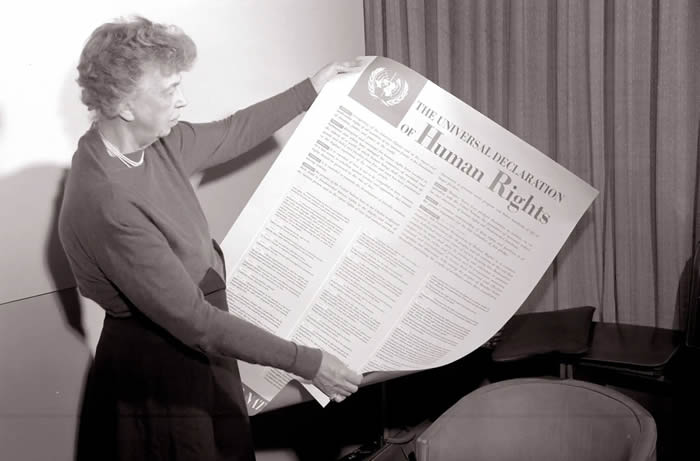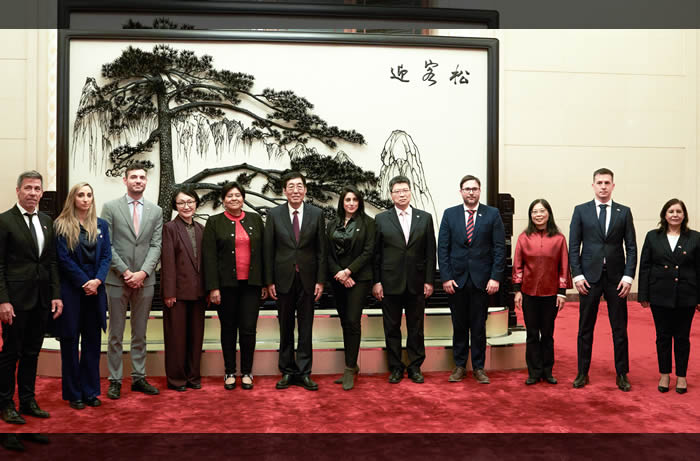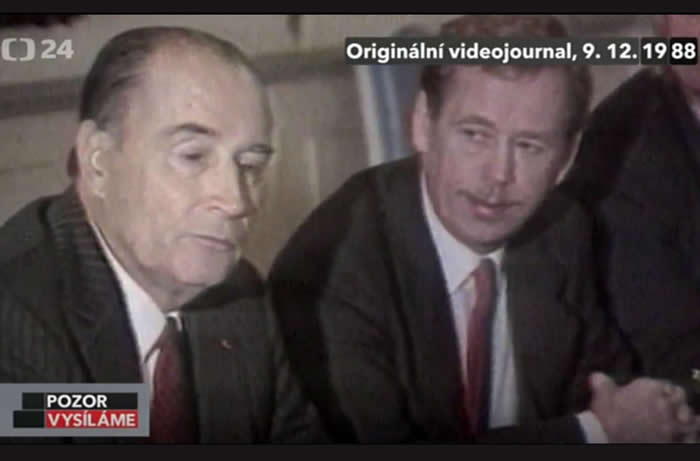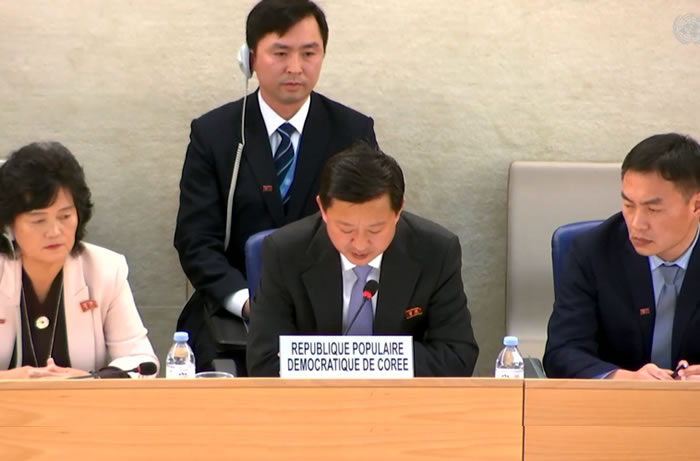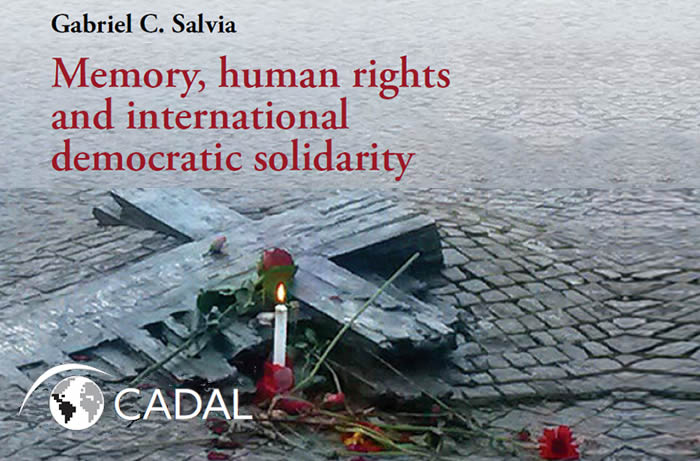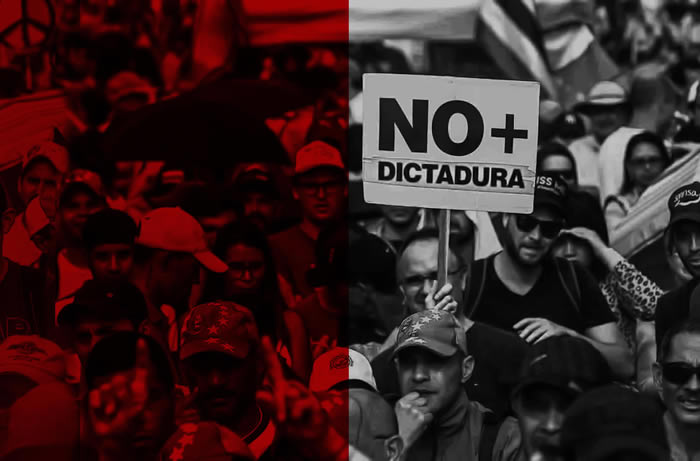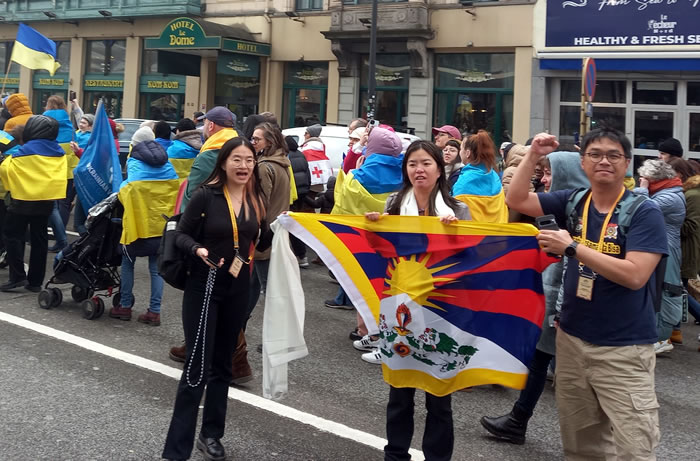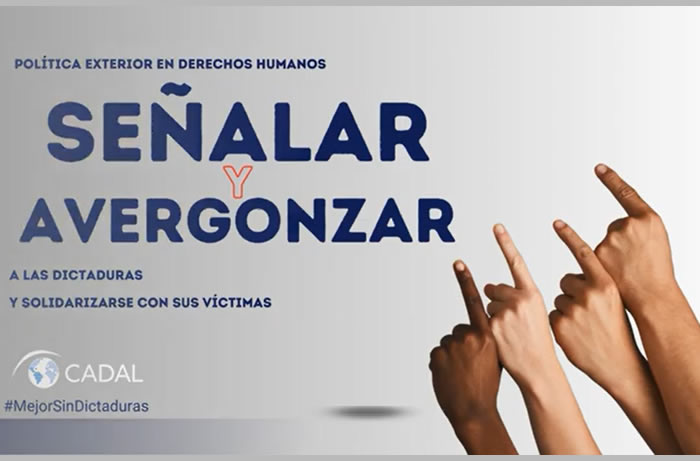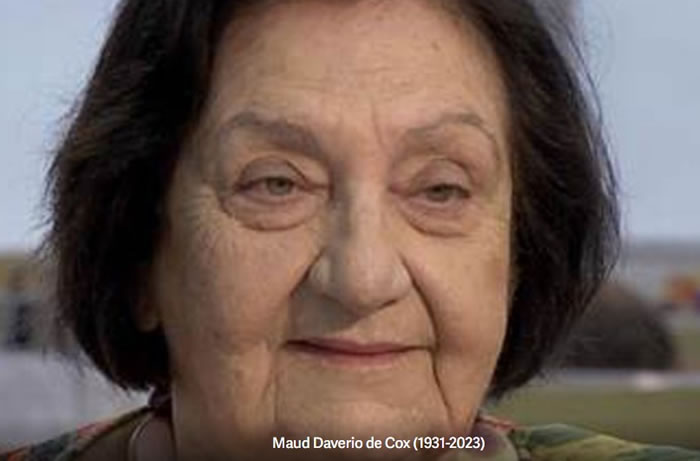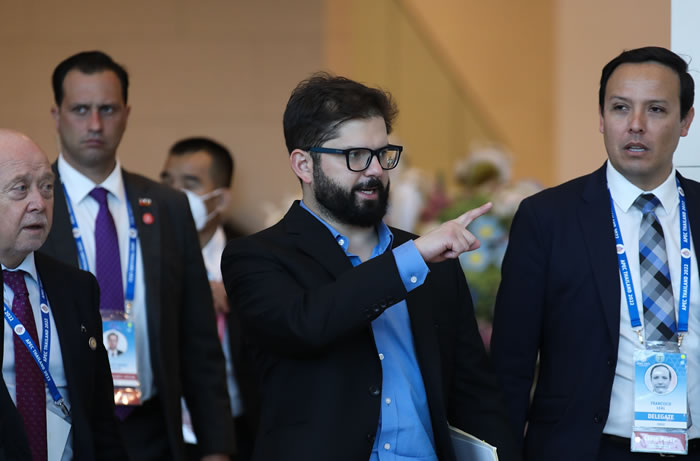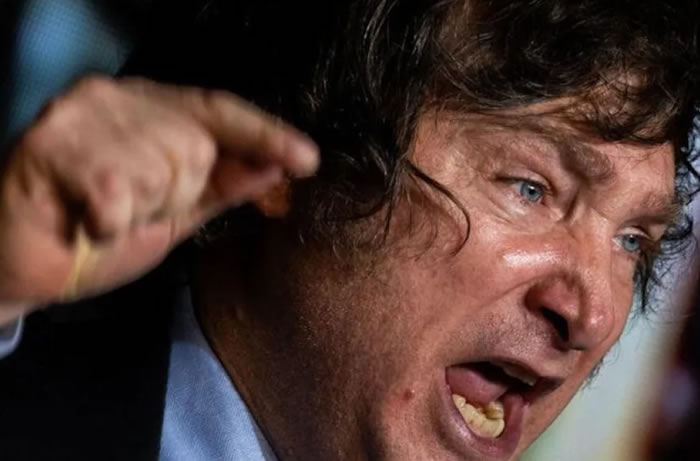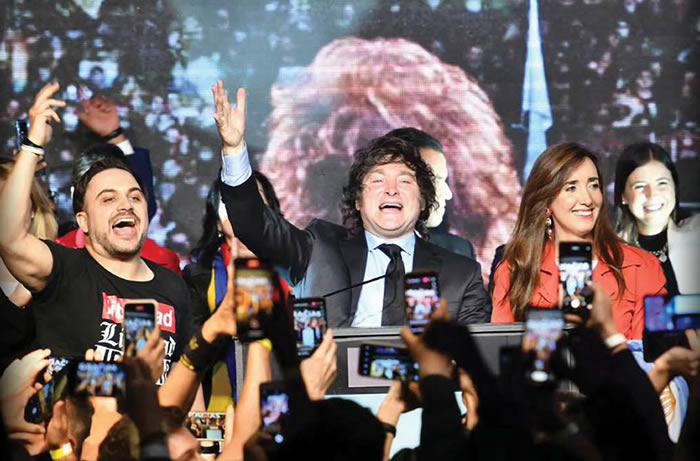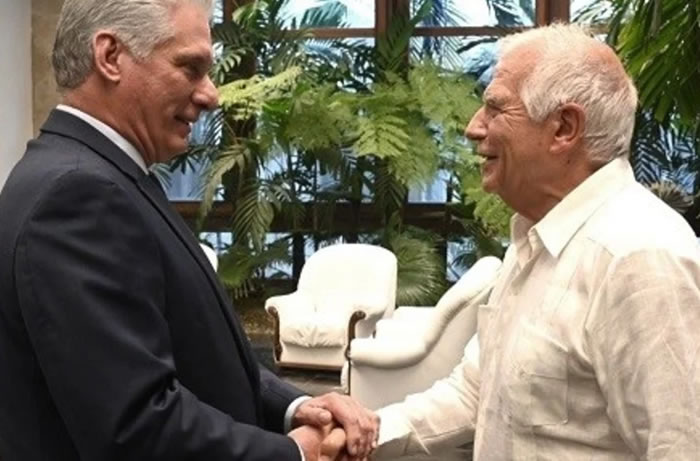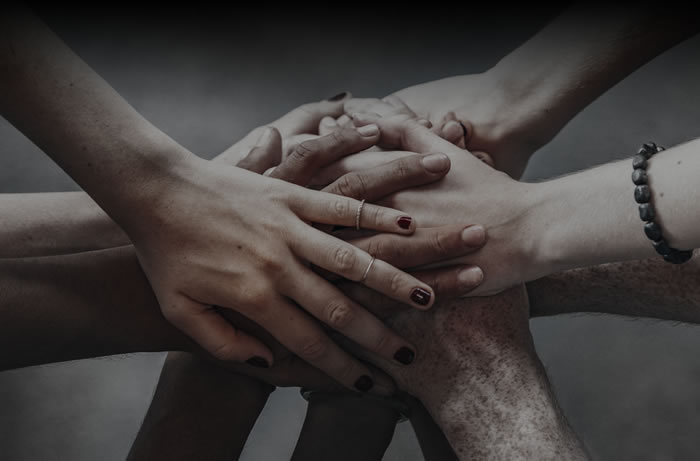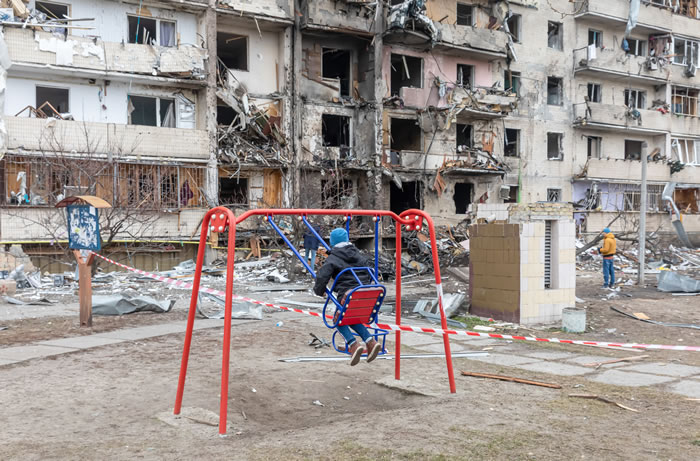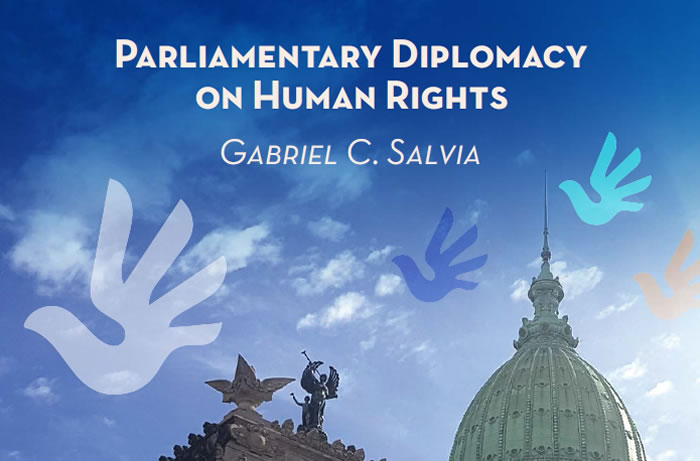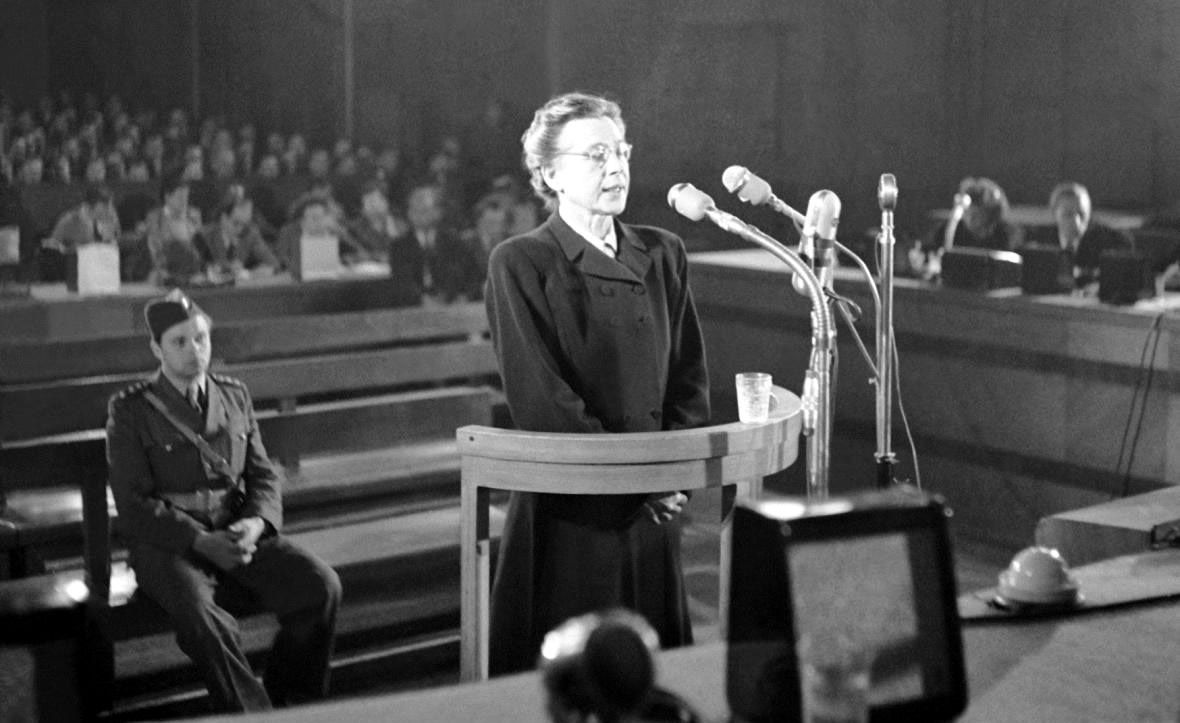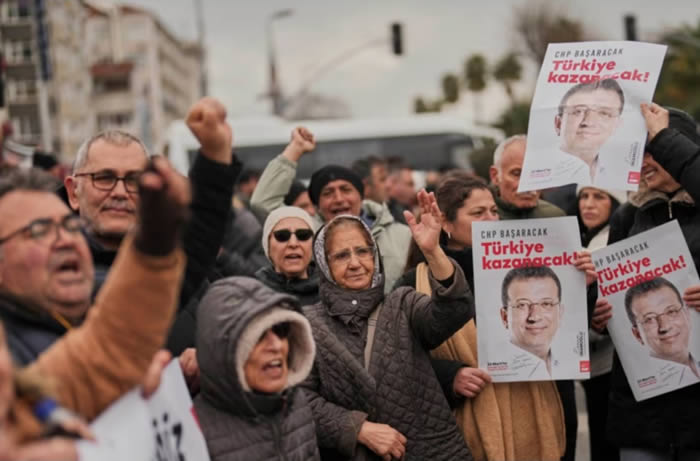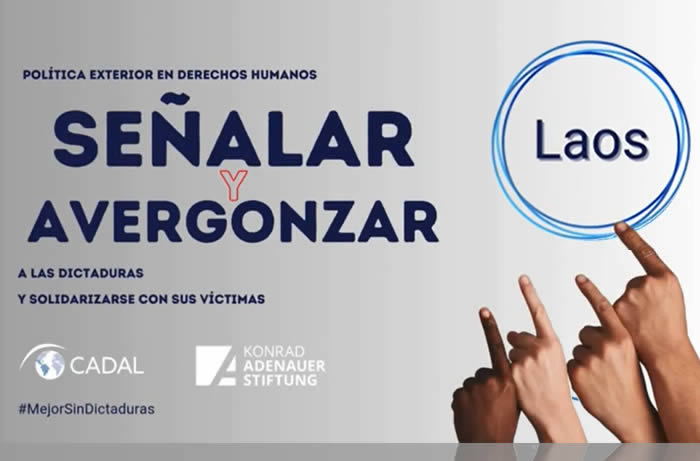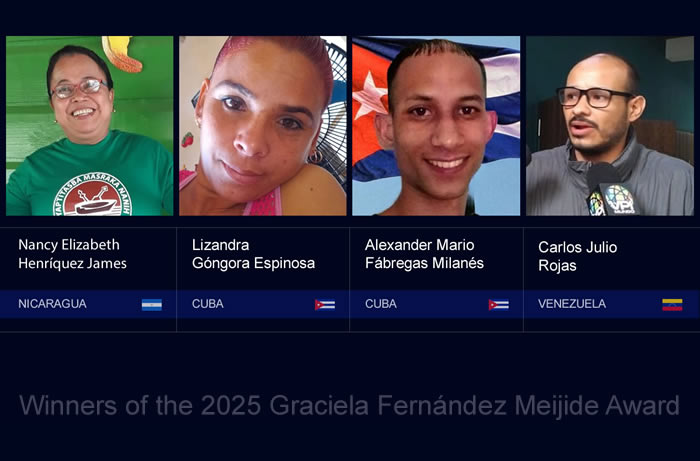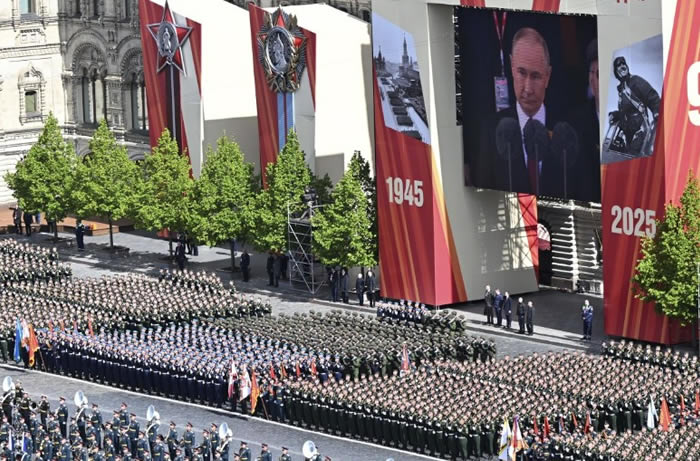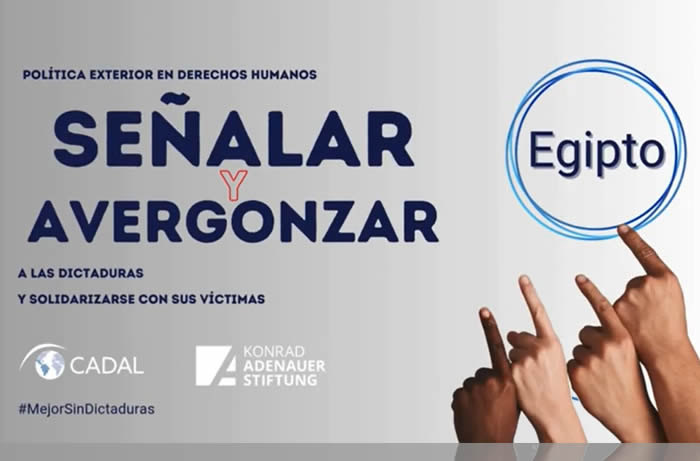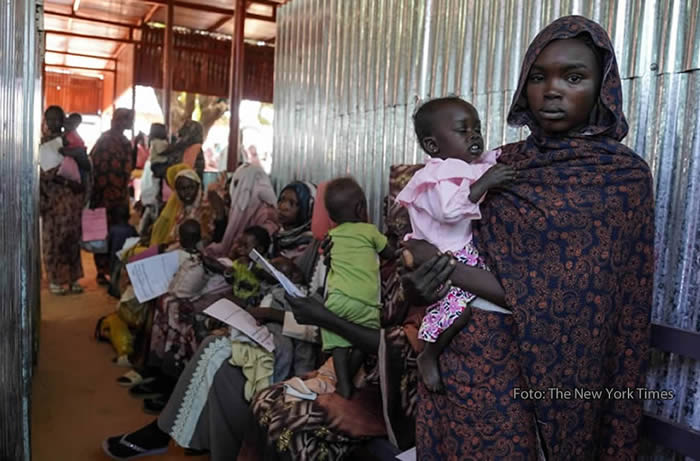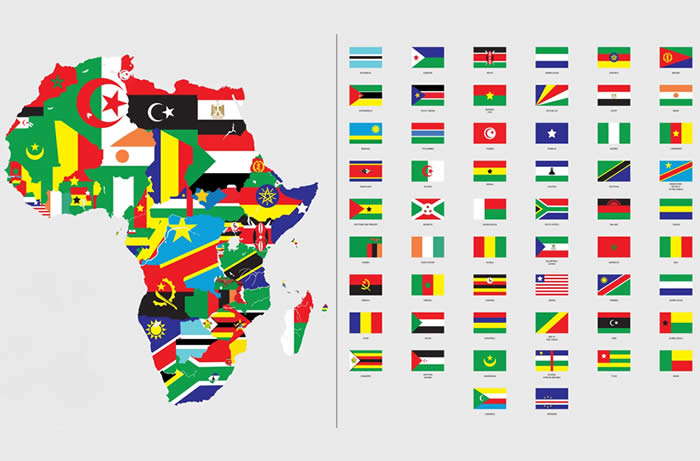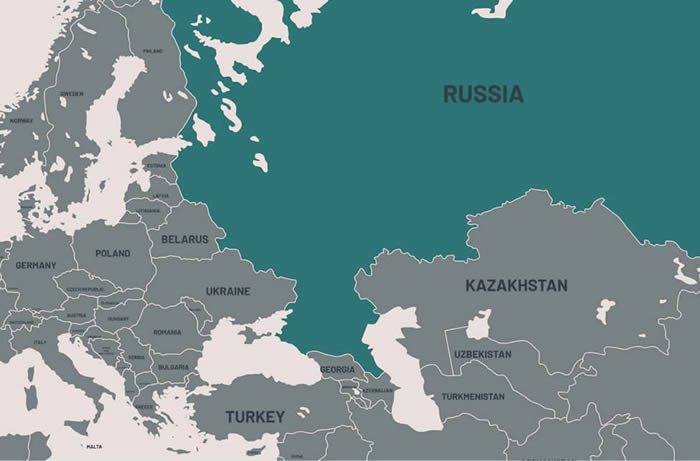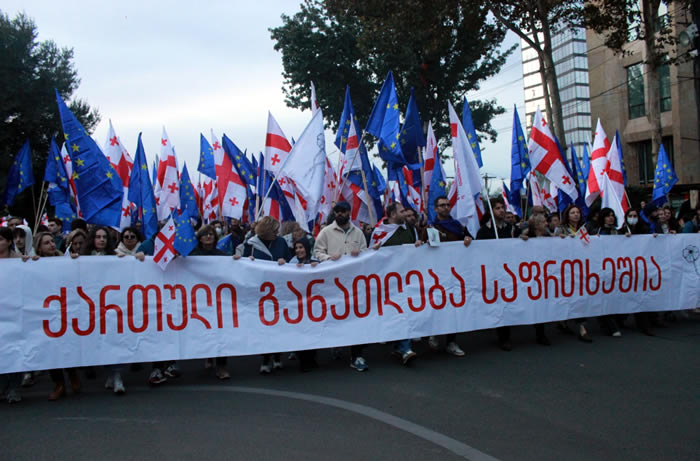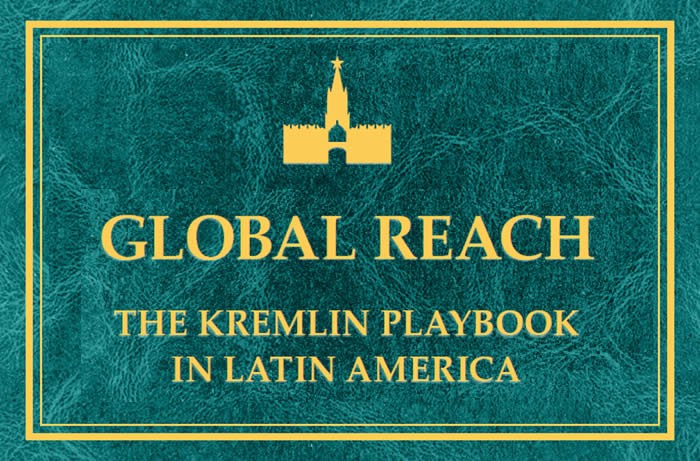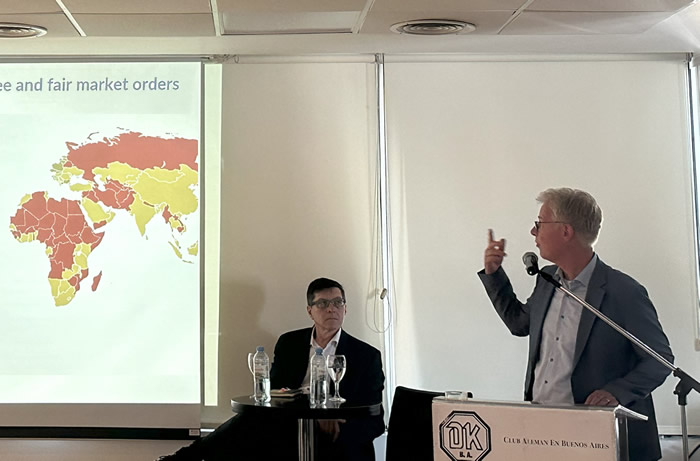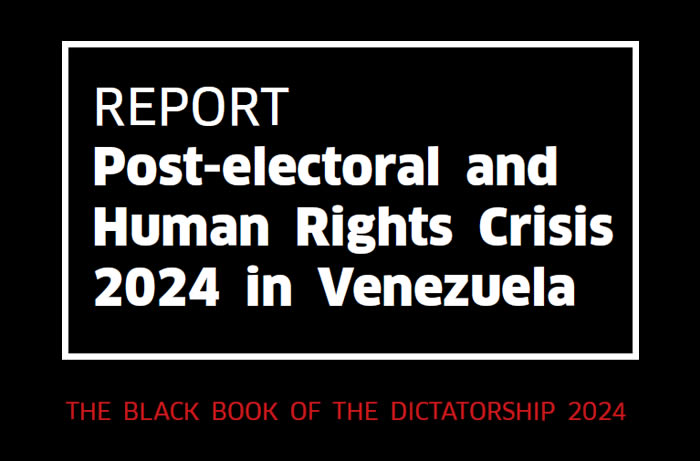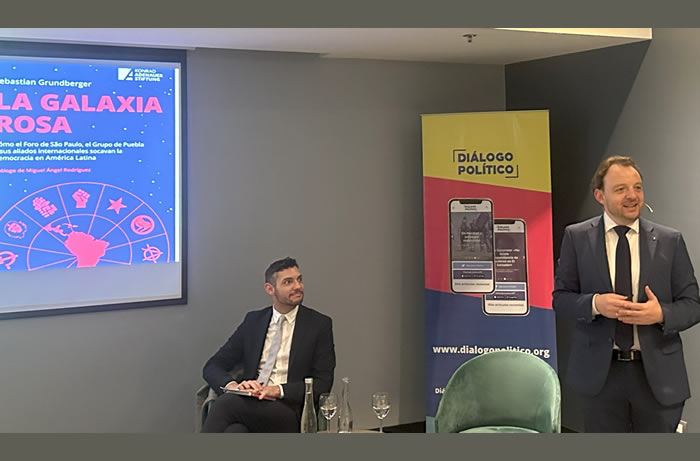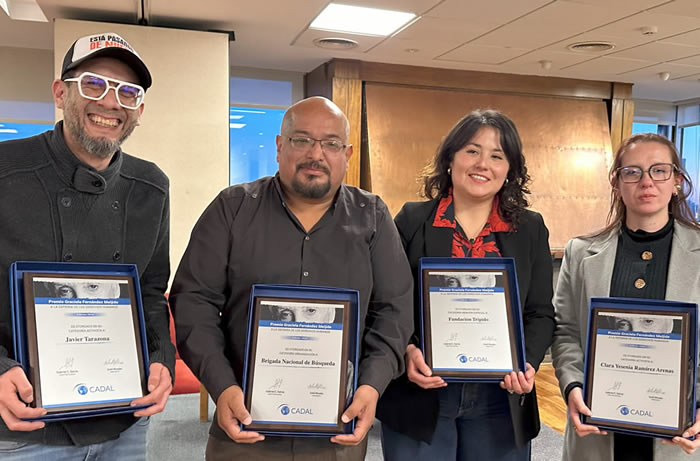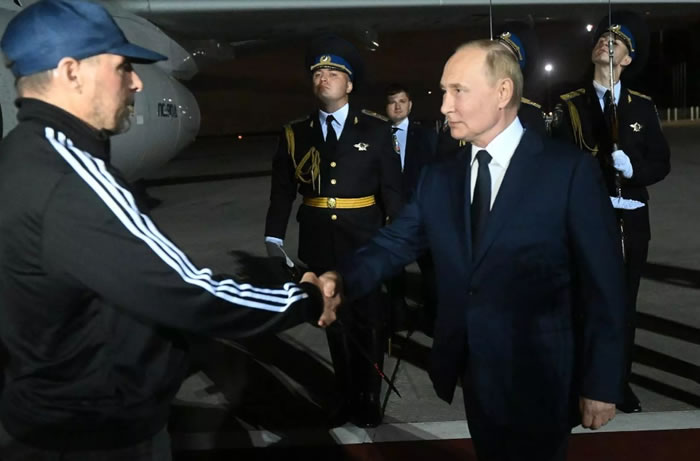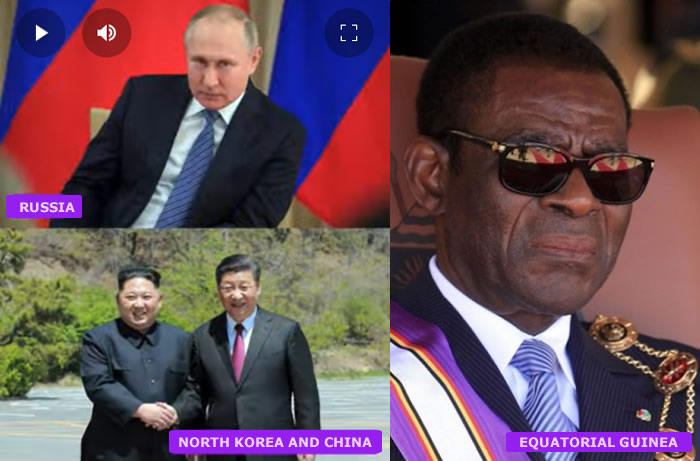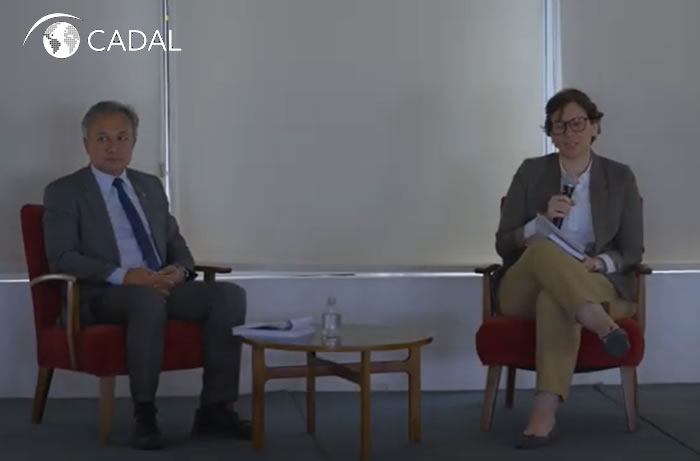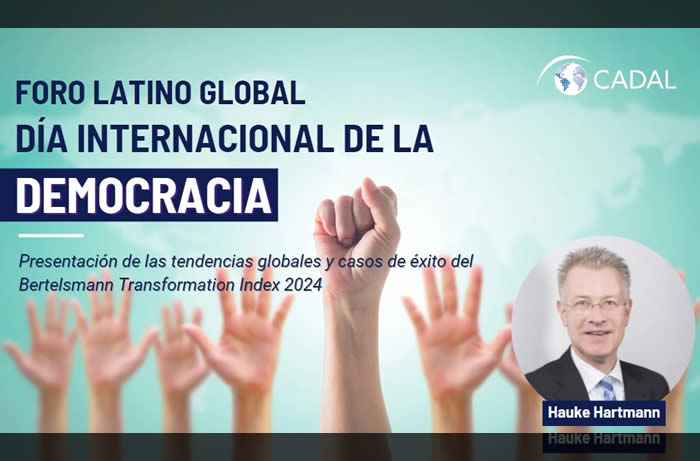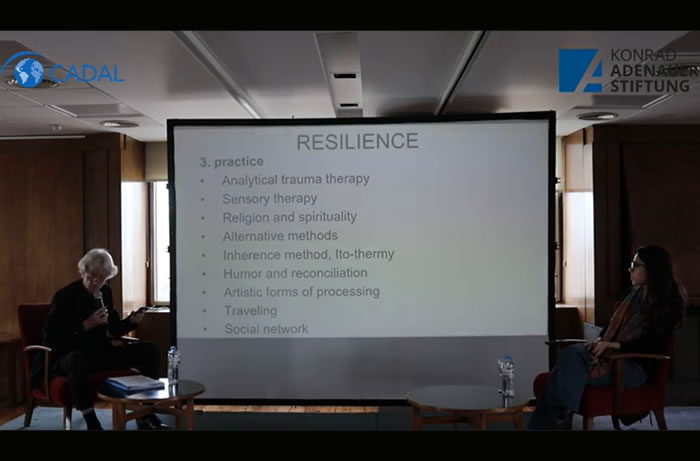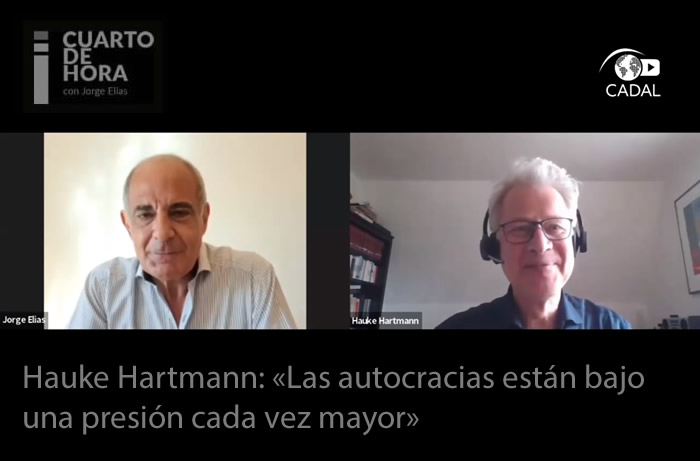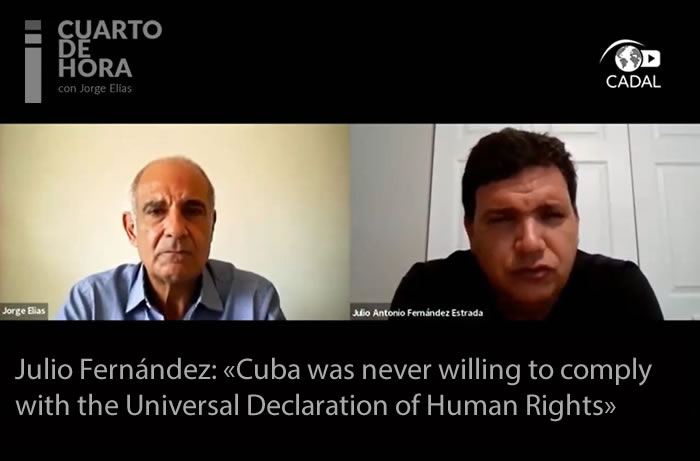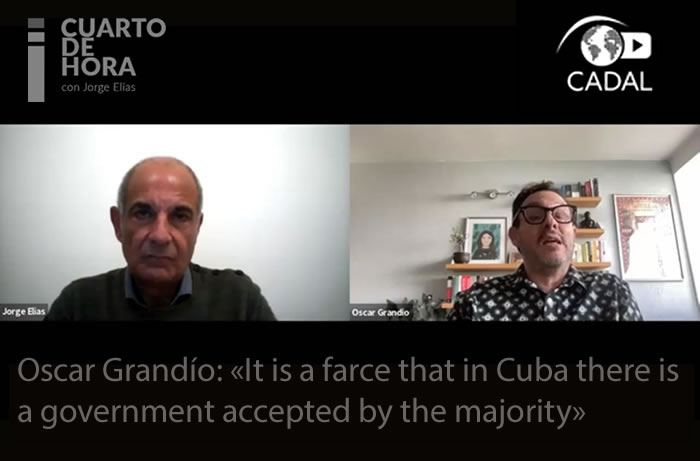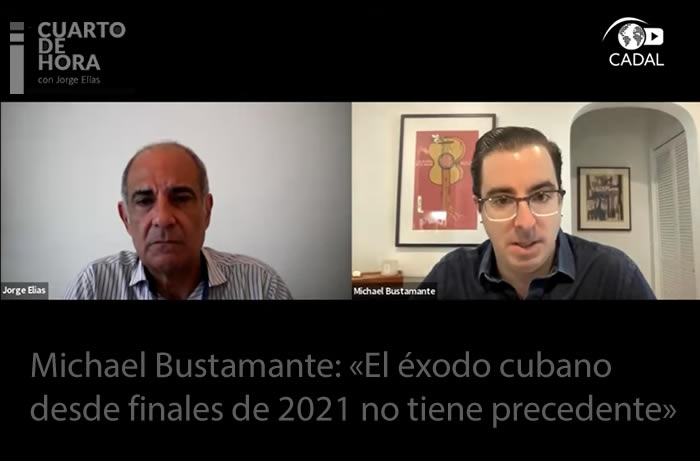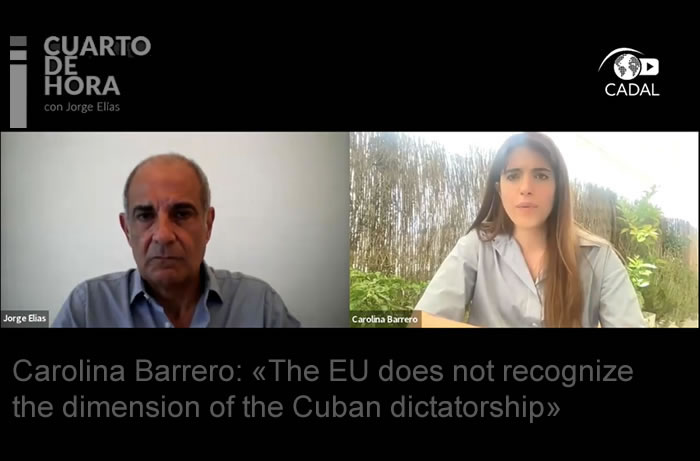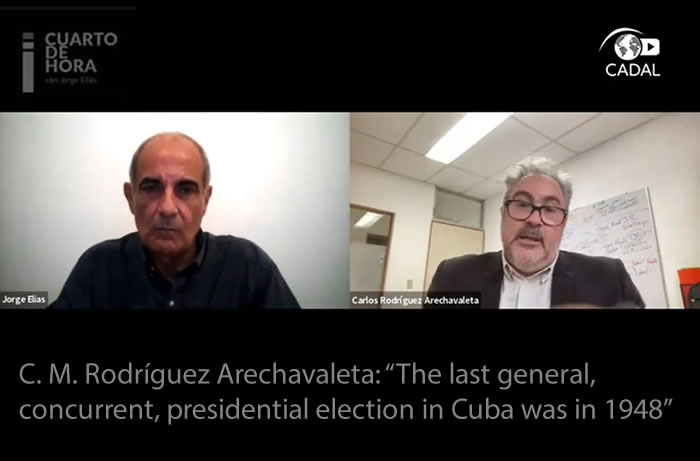Articles
International Relations and Human Rights Observatory
 11-21-2023
11-21-2023Will Milei invite autocracies to his presidential inauguration?
Javier Milei’s refusal to invite autocratic countries to his presidential inauguration implies, on the one hand, not granting them »equal treatment», since their representatives lack the democratic legitimacy that he has and, on the other hand, sending a message of international democratic solidarity to the victims of repression and state terrorism in autocracies.
By Gabriel C. Salvia
On December 10, Javier Gerardo Milei will take office as President of Argentina, the same day that will mark the 75th anniversary of the adoption in Paris of the Universal Declaration of Human Rights by the UN.
Milei repeatedly said, including during the presidential debates, that in his government he would not have relations with countries whose governments are not democratic. He was referring mainly to China, expressing that there would be no bilateral policy with one of Argentina's largest trading partners, i.e., that the Argentine State would not intervene in the economic exchanges of its private sector with the Asian giant.
Milei could thus extend the policy adopted by Luis Lacalle Pou when he took office as president of the Oriental Republic of Uruguay on March 1, 2020. On that occasion, Lacalle Pou did not invite the three Latin American countries ruled by dictatorships: Cuba, Nicaragua and Venezuela. It was immediately pointed out to Lacalle Pou the contradiction of not applying this decision to other non-democratic states outside Latin America, such as China.
Milei will assume the presidency of the Argentine Republic after going through a process of free and competitive elections: primaries, first round with four other candidates and finally the ballot with the ruling party's candidate Sergio Massa. An elected president with democratic legitimacy like Milei can rightfully decide not to invite to his presidential inauguration representatives of states in power in violation of Article 21, paragraph 3 of the Universal Declaration of Human Rights: "The will of the people shall be the basis of the authority of government; this will shall be expressed in periodic and genuine elections which shall be by universal and equal suffrage and shall be held periodically by secret vote or by equivalent free voting procedures".
According to The Economist's Democracy Index, 59 countries violate the aforementioned article of the Universal Declaration and are therefore classified as "Autocracies", i.e. non-democratic states. Of these 59 countries, 21 have embassies in Argentina, with headquarters in Buenos Aires: Algeria, Azerbaijan, Belarus, China, Congo (Brazzaville), Cuba, Egypt, Haiti, Iran, Kuwait, Lebanon, Libya, Nicaragua, Palestine, Qatar, Russia, Saudi Arabia, Syria, United Arab Emirates, Venezuela and Vietnam.
Javier Milei's refusal to invite autocratic countries to his presidential inauguration implies, on the one hand, not granting them "equal treatment", since their representatives lack the democratic legitimacy that he has and, on the other hand, sending a message of international democratic solidarity to the victims of repression and state terrorism in the aforementioned autocracies. The latter is to exercise the memory of the solidarity received during the last Argentine military dictatorship, which came precisely from democratic countries such as the United States, Sweden, the Netherlands, France, Canada and Venezuela, among others.
Finally, unlike the ideologically biased international policy during the presidency of Mauricio Macri, Milei should invite the democratically elected president of Guatemala, Bernardo Arévalo, who faces a persecution by the corrupt justice system in that country that aims to disqualify him from taking office on January 15, 2024, which is criticized by the OAS and the United States.
In spite of all the internal challenges that Javier Milei will have to face, if he aspires to make a difference in the international arena that implies a greater democratic commitment of Argentina, his presidential inauguration and that emblematic date will be a great opportunity to do so.
 Gabriel C. SalviaGeneral Director of CADALHuman rights activist dedicated to international democratic solidarity. In 2024 he received the Gratias Agit Award from the Ministry of Foreign Affairs of the Czech Republic. He is the author of the books “Memory, human rights and international democratic solidarity” (2024) and “Bailando por un espejismo: apuntes sobre política, economía y diplomacia en los gobiernos de Cristina Fernández de Kirchner” (2017). In addition, he compiled several books, including “75 años de la Declaración Universal de Derechos Humanos: Miradas desde Cuba” (2023), “Human rights in international relations and foreign policy” (2021), “Desafíos para el fortalecimiento democrático en la Argentina” (2015), “Un balance político a 30 años del retorno a la democracia en Argentina” (2013) and “Diplomacy and Human Rights in Cuba” (2011), His opinion columns have been published in several Spanish-language media. He currently publishes in Clarín, Perfil, Infobae and La Nación, in Argentina. He has participated in international conferences in Latin America, Africa, Asia, Europe, the Balkans and the United States. Since 1992 he has served as director of Civil Society Organizations and is a founding member of CADAL. As a journalist, he worked between 1992 and 1997 in print, radio and TV specialized in parliamentary, political and economic issues, and later contributed with interviews in La Nación and Perfil.
Gabriel C. SalviaGeneral Director of CADALHuman rights activist dedicated to international democratic solidarity. In 2024 he received the Gratias Agit Award from the Ministry of Foreign Affairs of the Czech Republic. He is the author of the books “Memory, human rights and international democratic solidarity” (2024) and “Bailando por un espejismo: apuntes sobre política, economía y diplomacia en los gobiernos de Cristina Fernández de Kirchner” (2017). In addition, he compiled several books, including “75 años de la Declaración Universal de Derechos Humanos: Miradas desde Cuba” (2023), “Human rights in international relations and foreign policy” (2021), “Desafíos para el fortalecimiento democrático en la Argentina” (2015), “Un balance político a 30 años del retorno a la democracia en Argentina” (2013) and “Diplomacy and Human Rights in Cuba” (2011), His opinion columns have been published in several Spanish-language media. He currently publishes in Clarín, Perfil, Infobae and La Nación, in Argentina. He has participated in international conferences in Latin America, Africa, Asia, Europe, the Balkans and the United States. Since 1992 he has served as director of Civil Society Organizations and is a founding member of CADAL. As a journalist, he worked between 1992 and 1997 in print, radio and TV specialized in parliamentary, political and economic issues, and later contributed with interviews in La Nación and Perfil.
On December 10, Javier Gerardo Milei will take office as President of Argentina, the same day that will mark the 75th anniversary of the adoption in Paris of the Universal Declaration of Human Rights by the UN.
Milei repeatedly said, including during the presidential debates, that in his government he would not have relations with countries whose governments are not democratic. He was referring mainly to China, expressing that there would be no bilateral policy with one of Argentina's largest trading partners, i.e., that the Argentine State would not intervene in the economic exchanges of its private sector with the Asian giant.
Milei could thus extend the policy adopted by Luis Lacalle Pou when he took office as president of the Oriental Republic of Uruguay on March 1, 2020. On that occasion, Lacalle Pou did not invite the three Latin American countries ruled by dictatorships: Cuba, Nicaragua and Venezuela. It was immediately pointed out to Lacalle Pou the contradiction of not applying this decision to other non-democratic states outside Latin America, such as China.
Milei will assume the presidency of the Argentine Republic after going through a process of free and competitive elections: primaries, first round with four other candidates and finally the ballot with the ruling party's candidate Sergio Massa. An elected president with democratic legitimacy like Milei can rightfully decide not to invite to his presidential inauguration representatives of states in power in violation of Article 21, paragraph 3 of the Universal Declaration of Human Rights: "The will of the people shall be the basis of the authority of government; this will shall be expressed in periodic and genuine elections which shall be by universal and equal suffrage and shall be held periodically by secret vote or by equivalent free voting procedures".
According to The Economist's Democracy Index, 59 countries violate the aforementioned article of the Universal Declaration and are therefore classified as "Autocracies", i.e. non-democratic states. Of these 59 countries, 21 have embassies in Argentina, with headquarters in Buenos Aires: Algeria, Azerbaijan, Belarus, China, Congo (Brazzaville), Cuba, Egypt, Haiti, Iran, Kuwait, Lebanon, Libya, Nicaragua, Palestine, Qatar, Russia, Saudi Arabia, Syria, United Arab Emirates, Venezuela and Vietnam.
Javier Milei's refusal to invite autocratic countries to his presidential inauguration implies, on the one hand, not granting them "equal treatment", since their representatives lack the democratic legitimacy that he has and, on the other hand, sending a message of international democratic solidarity to the victims of repression and state terrorism in the aforementioned autocracies. The latter is to exercise the memory of the solidarity received during the last Argentine military dictatorship, which came precisely from democratic countries such as the United States, Sweden, the Netherlands, France, Canada and Venezuela, among others.
Finally, unlike the ideologically biased international policy during the presidency of Mauricio Macri, Milei should invite the democratically elected president of Guatemala, Bernardo Arévalo, who faces a persecution by the corrupt justice system in that country that aims to disqualify him from taking office on January 15, 2024, which is criticized by the OAS and the United States.
In spite of all the internal challenges that Javier Milei will have to face, if he aspires to make a difference in the international arena that implies a greater democratic commitment of Argentina, his presidential inauguration and that emblematic date will be a great opportunity to do so.

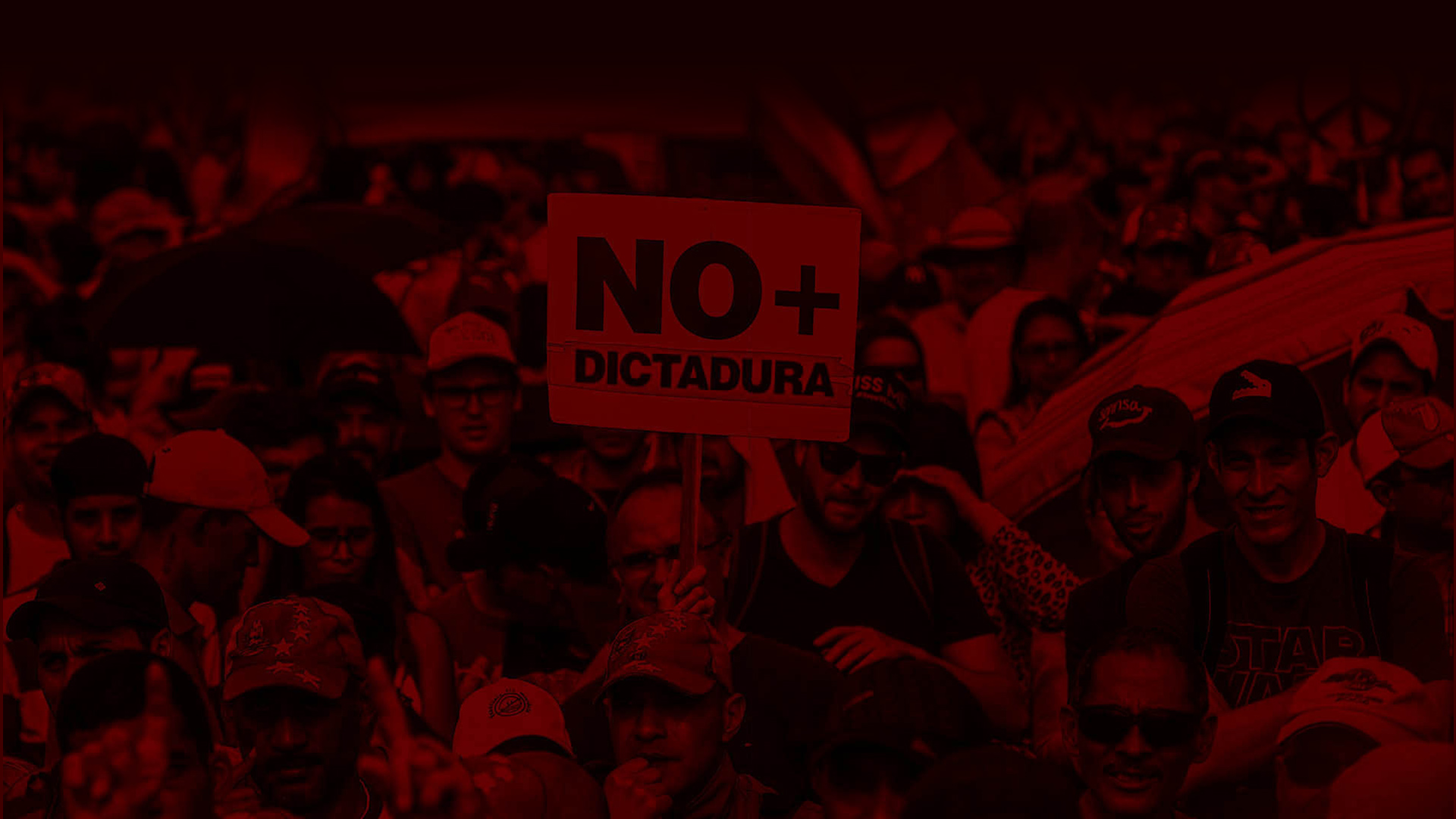


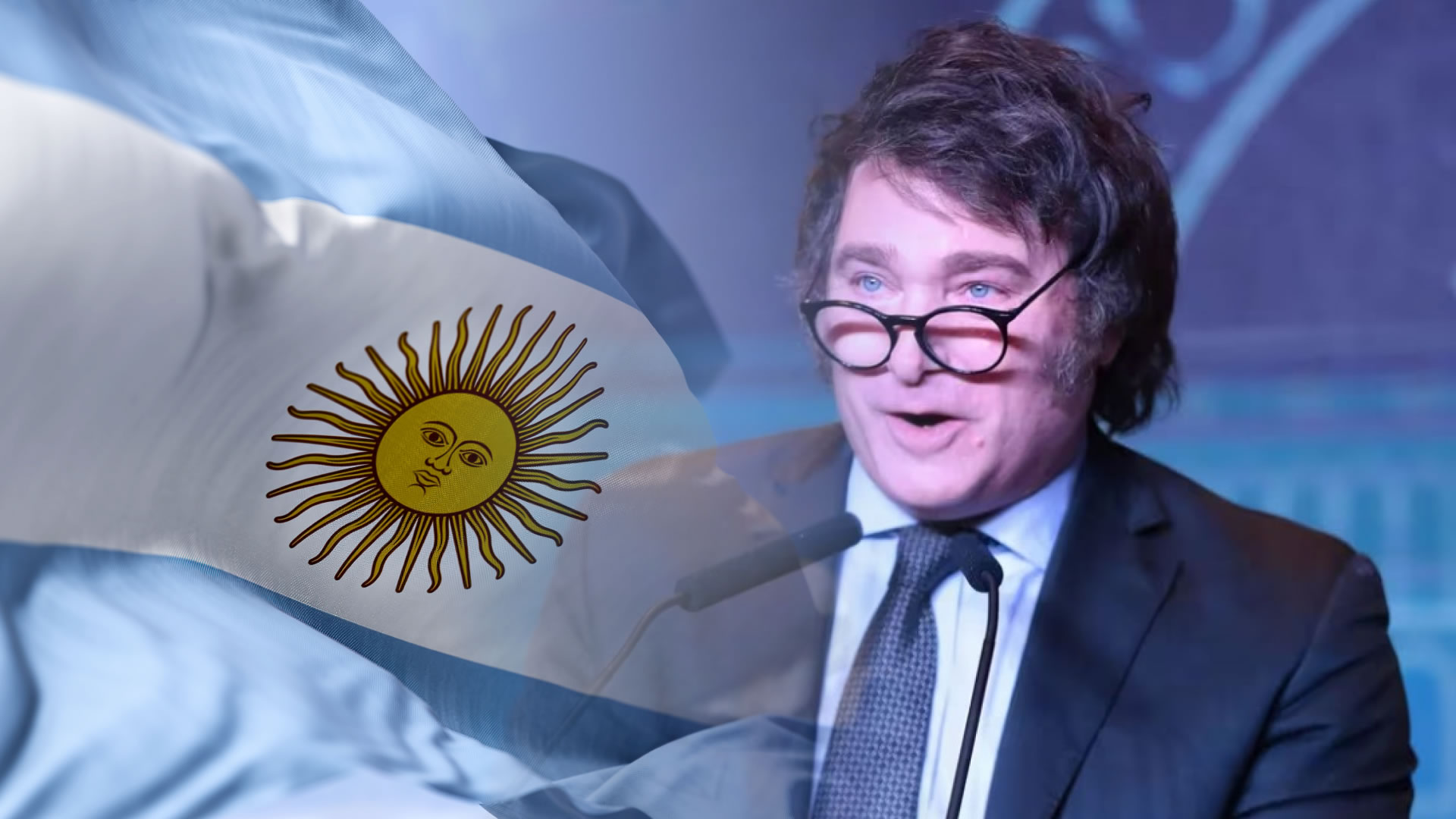
 Leer esta nota en Español
Leer esta nota en Español
